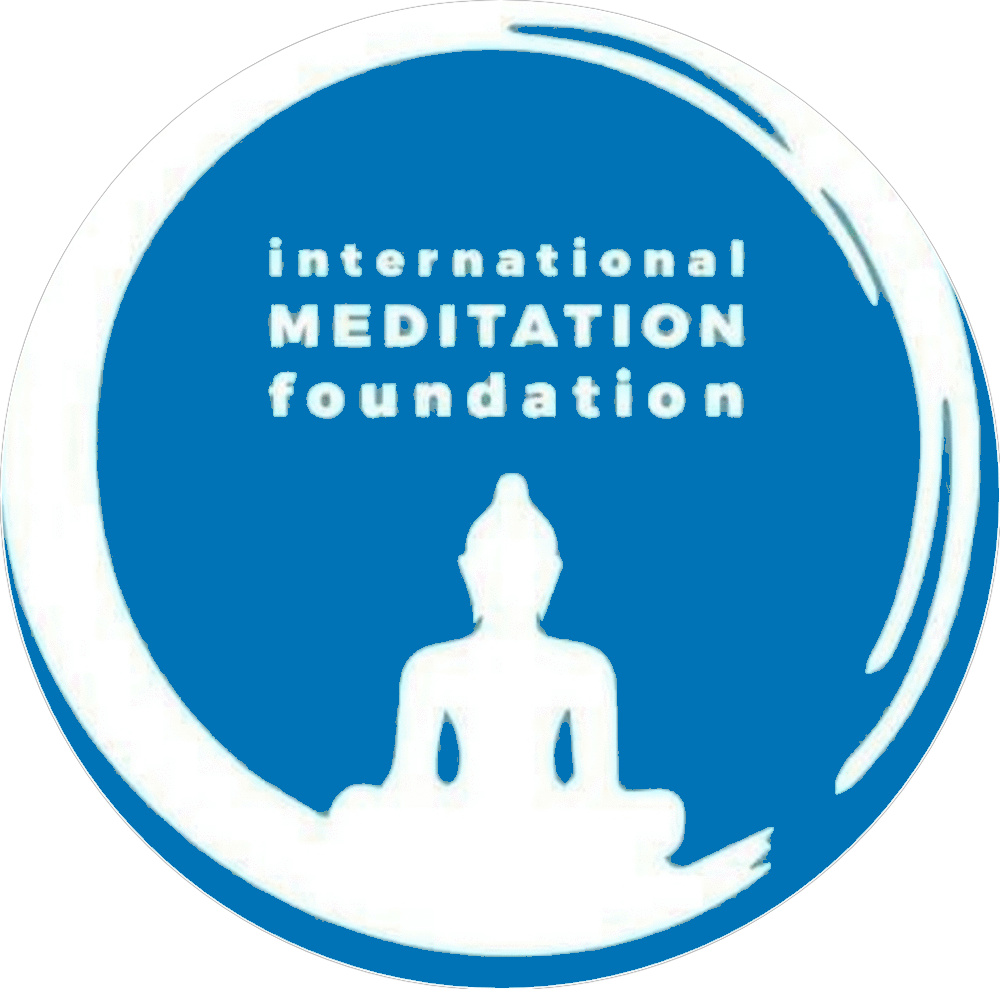My effort is to leave you alone with meditation—without any mediator between you and existence. When you’re not in meditation, you feel separated from existence, and that very separation is your suffering. Meditation is the process of removing the barriers—thoughts, emotions, sentiments—that create a wall between you and the whole. When these barriers drop, you suddenly discover yourself in harmony with existence. More than just in tune, you realize you are the whole.
Just like a dewdrop slipping from a lotus leaf into the ocean doesn’t find that it’s a part of the ocean—it discovers that it is the ocean. That realization is the ultimate goal, the final awakening. There is nothing beyond it.
The methods I offer can be practiced in a group, but the group is not essential. In fact, any group can become a crutch—something you rely on so much that you can only meditate when you’re within it. Inside the group, you become one kind of person; outside it, you revert to your old patterns.
But I don’t want my people to be dependent. While it’s fine to be part of small groups, the methods I’ve shared are essentially individual. You can practice them on your own. You don’t need anyone else to watch over you—because in my approach, you yourself are the watcher.
Under someone else’s gaze—especially someone as commanding as Gurdjieff—you can’t escape. You’re pushed, driven inward, but the push comes from outside. There’s a kind of forcefulness in it, a subtle enslavement. And yes, under that pressure, you may achieve the extraordinary. But once the master is gone, you fall back to your ordinary self—as if the transformation was never truly your own.
That’s what happened with Gurdjieff’s disciples. After his death, though they maintained small groups, most of them regressed. They became mediocre again. Instead of awakening one another, they lulled each other into sleep. When one began to metaphorically snore, the others joined in—no one was there to wake anyone up.
A group has that dual potential. It can be a space for alertness or a place for deeper unconsciousness. Sadly, after Gurdjieff, it became the latter, and those groups gradually faded away. His methods, powerful though they were, couldn’t be practiced alone—and so they led to a kind of spiritual dependence.
But a true master cannot promise to be with you forever. One day, he will leave. And you should not be left helpless in his absence. That’s why the preparation must begin from the start—you learn to work alone. Even in a group, your focus is not on the group, but on your own process. The method remains fundamentally individual.
That’s my approach. I do not offer “school methods.” I offer inner tools—individual paths that you can walk alone or alongside others, but never in dependence. And witnessing—the heart of meditation—is a purely individual phenomenon. No one can do it for you. No one can interfere. It is your freedom. And it is your doorway to the whole.

Leave a Reply